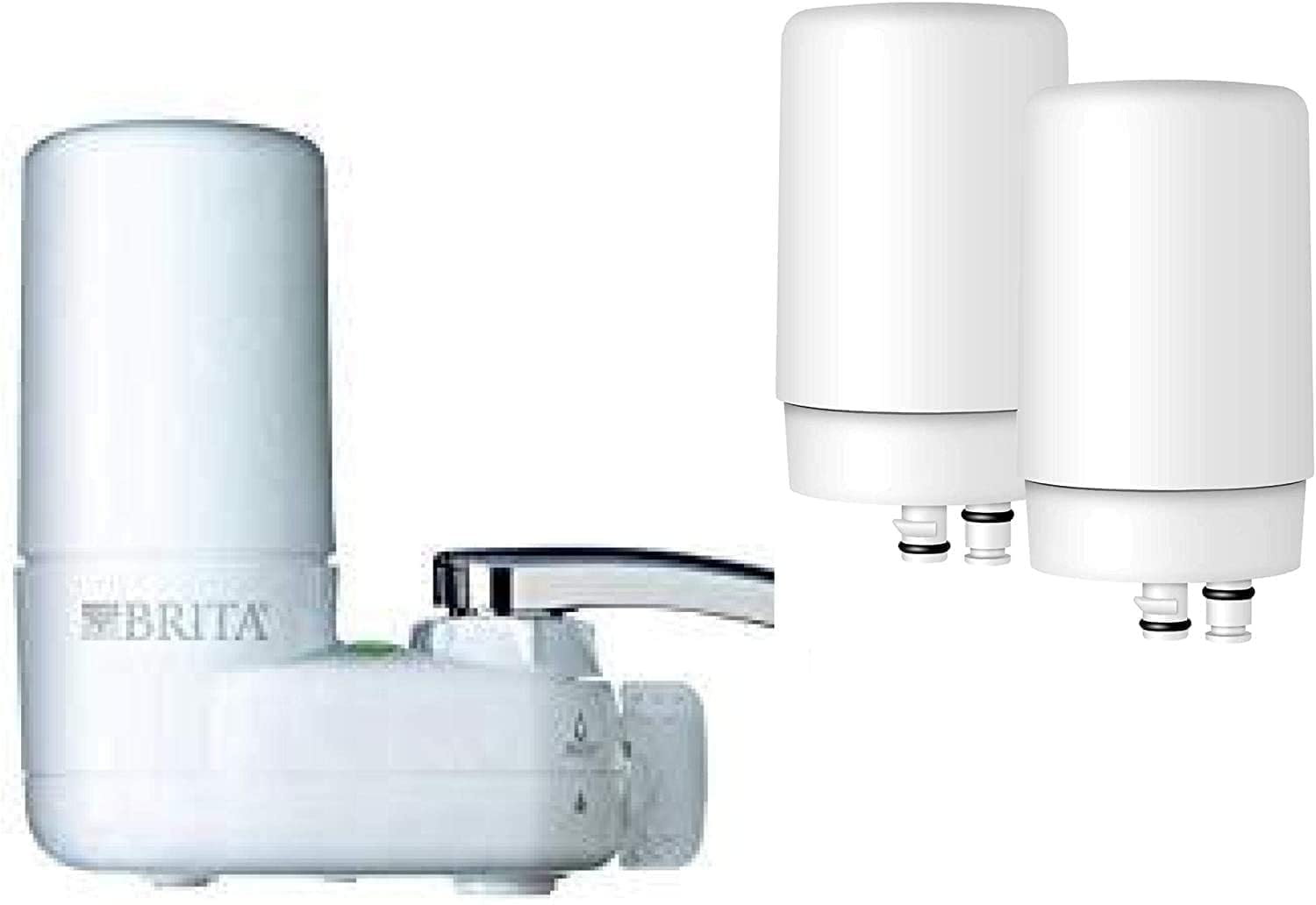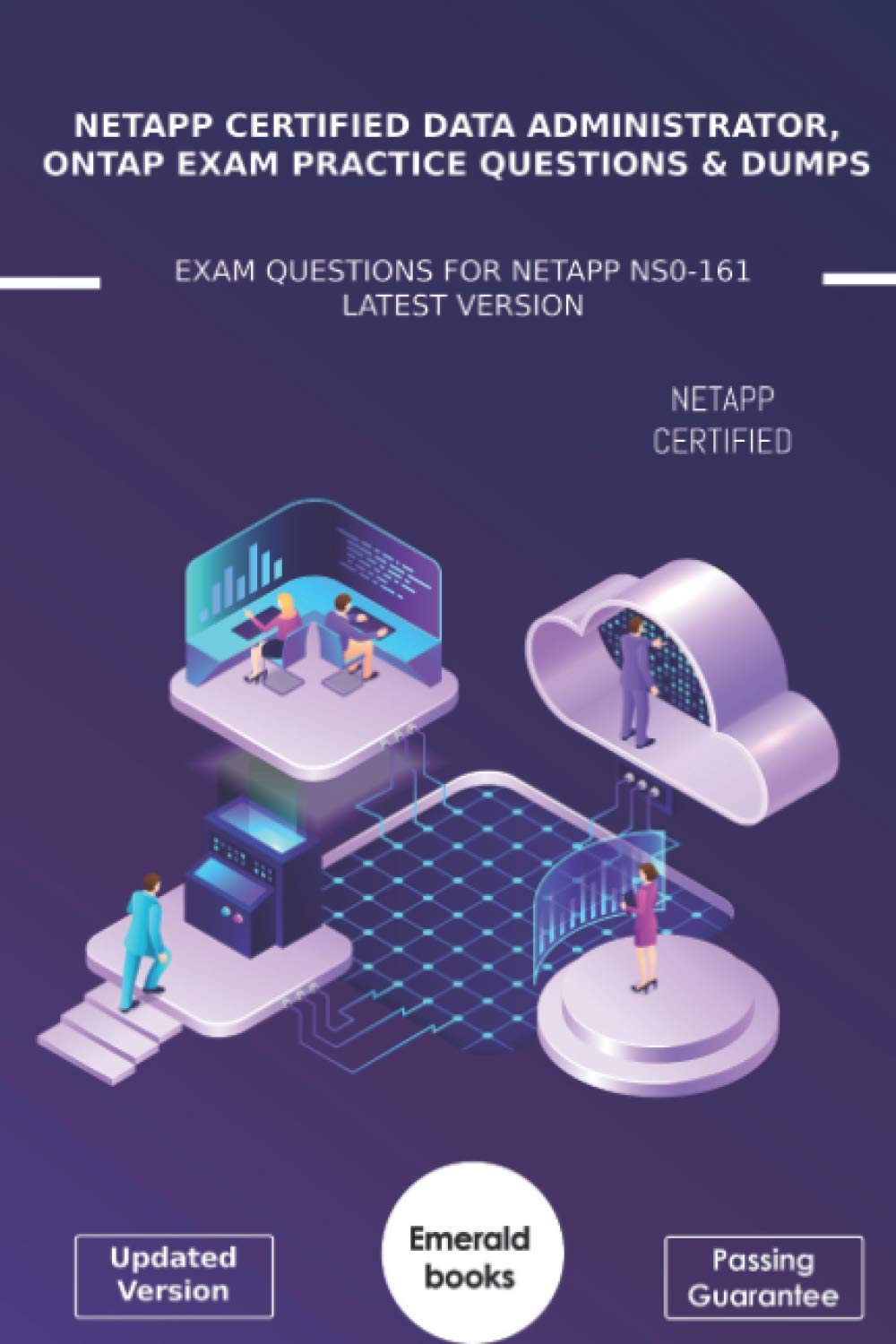NetApp, a leading provider of data management solutions, has had a significant impact on the cloud storage industry. With its innovative technology and strategic partnerships, NetApp has helped to shape the way businesses store and manage their data in the cloud.
One of the key ways in which NetApp has influenced the cloud storage industry is through its focus on hybrid cloud solutions. NetApp’s Data Fabric architecture allows businesses to seamlessly move data between on-premises storage and public cloud environments, giving them greater flexibility and control over their data. This approach has helped to accelerate the adoption of hybrid cloud storage solutions, as businesses look to take advantage of the scalability and cost-efficiency of the cloud while still maintaining control over their data.
In addition to its focus on hybrid cloud solutions, NetApp has also made significant advancements in data management and storage efficiency. NetApp’s storage systems are known for their high performance and reliability, making them a popular choice for businesses looking to store and manage large amounts of data in the cloud. NetApp’s technology also includes features such as data deduplication and compression, which help to reduce storage costs and improve overall efficiency.
NetApp has also been a leader in the development of cloud-native storage solutions. By working closely with cloud providers such as AWS, Microsoft Azure, and Google Cloud, NetApp has developed storage solutions that are specifically designed for cloud environments. These solutions offer businesses the flexibility and scalability they need to store and manage their data in the cloud, while also providing the security and performance they require.
Overall, NetApp’s impact on the cloud storage industry has been significant. Through its focus on hybrid cloud solutions, data management efficiency, and cloud-native storage solutions, NetApp has helped to drive innovation and growth in the cloud storage market. As businesses continue to migrate their data to the cloud, NetApp will likely play a key role in shaping the future of cloud storage and data management.












